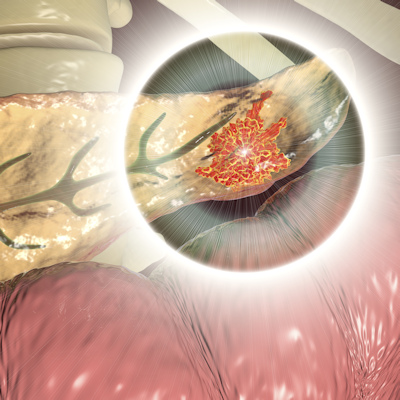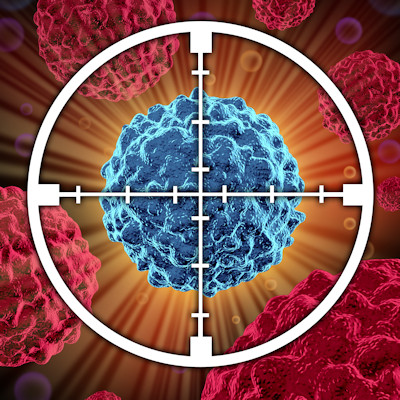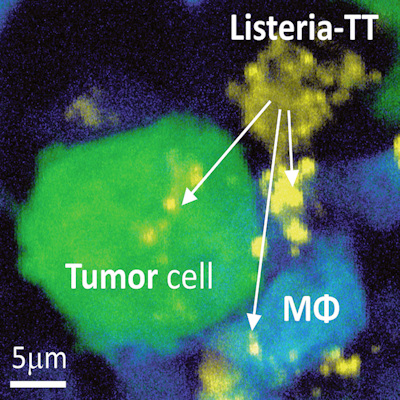December 12, 2022 -- Researchers in Japan have mapped the binding site of the (pro)renin receptor ([P]RR) known to be involved in pancreatic cancer development using an artificial intelligence (AI)-based protein structure prediction program.
The team from Gifu University provides the first 3D structural insight into receptor binding and one-to-many interactions, underpinning the functional versatility of this receptor (Hypertension Research, December 9, 2022). The findings increase understanding of disease pathogenesis and open possibilities for exploring new modalities to treat human diseases, including hypertension and cancer.
The team investigated the significance of two regions and the intrinsically disordered region (IDR) of (P)RR by in silico 3D structural analysis using the AlphaFold2 program and evolutionary sequence conservation profile. The model showed the extracellular domain (ECD) adopted a folded domain and had an IDR.
The two regions mapped onto the structural model formed a continuous surface patch consisting of hydrophobic residues. The homodimeric structure predicted by AlphaFold2 showed that full-length (P)RR constituting the ECD, single-span transmembrane, and cytoplasmic domains formed a twofold symmetric dimer via the ECD, which explains the experimentally proven homodimerization, the researchers said.
The dimer model possessed two hand-shaped grooves with residues in their palms and the IDR as their fingers. Based on the findings, the scientists posit that the IDR-containing hydrophobic grooves act as a binding site for (P)RR and perform multiple functions, including Wnt signaling activation.
However, more analysis is needed to experimentally characterize IDR-based protein interactions between (P)RR and its interaction partners, the scientists said.
Copyright © 2022 scienceboard.net









